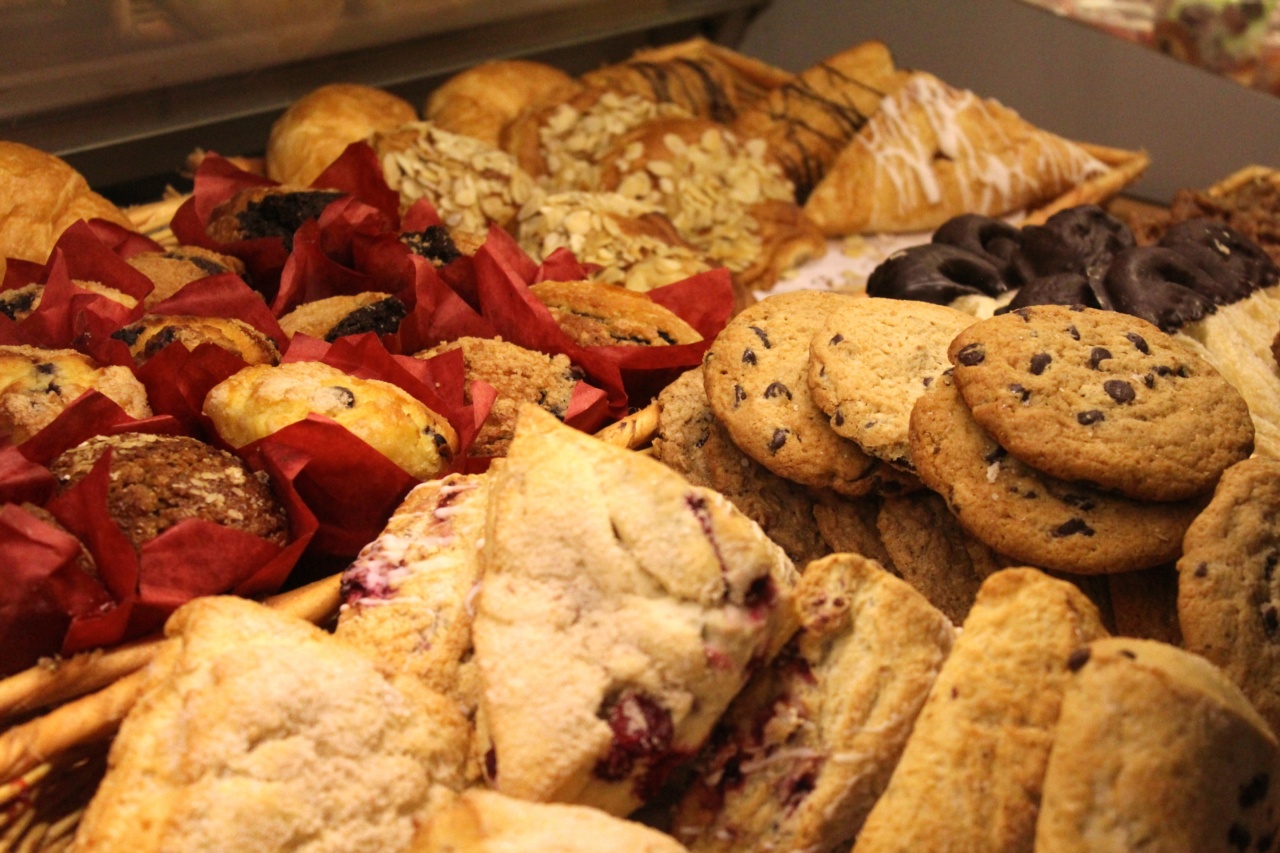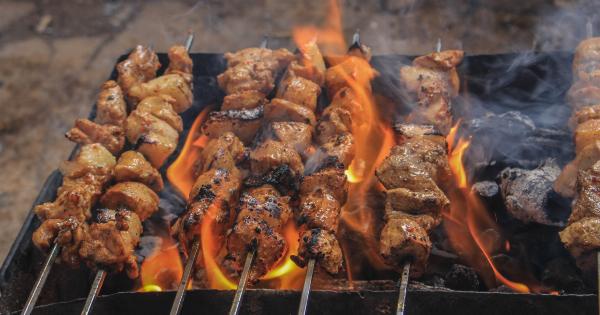Baking using charcoal is becoming increasingly popular among many BBQ enthusiasts. The charcoal baking process involves using charcoal instead of fuel or gas to cook various food products.
Charcoal baking provides a unique flavor to food and is often preferred for its smoky taste. Although charcoal baking is an excellent way to enhance the taste of food, it poses several health hazards. This article will explore the health hazards of charcoal baking and the hidden risks it poses to human health.
Carbon Monoxide Poisoning
Carbon monoxide, a colorless, tasteless, and odorless gas, is produced when charcoal burns. Carbon monoxide replaces oxygen in the bloodstream, which can cause carbon monoxide poisoning.
Carbon monoxide poisoning can cause headaches, dizziness, nausea, rapid heartbeat, fatigue, and weakness. In severe cases, carbon monoxide poisoning can lead to unconsciousness, seizures, and even death.
Cancer-causing Compounds
Charcoal baking produces several cancer-causing compounds such as polycyclic aromatic hydrocarbons (PAHs) and heterocyclic amines (HCAs). These compounds are produced when meat or other food products are cooked at high temperatures or exposed to smoke.
PAHs and HCAs can cause changes in DNA and potentially lead to cancer. PAHs and HCAs can also be found in cigarette smoke, diesel exhaust, and well-done meat.
Food Contamination
During charcoal baking, harmful bacteria such as Salmonella, E. coli, and Campylobacter can survive in undercooked meat.
When consuming undercooked meat, these bacteria can cause food poisoning, leading to symptoms such as vomiting, diarrhea, and abdominal pain. To prevent food contamination, it is essential to cook meat thoroughly before consuming it.
Air Pollution
Burning charcoal can generate hazardous air pollutants such as particulate matter, sulfur dioxide, nitrogen oxide, and carbon monoxide. These pollutants can cause respiratory problems such as asthma, chronic bronchitis, and emphysema.
The effects of air pollution can be exacerbated in individuals who already have an existing respiratory condition or weakened immune system.
Burns and Fires
Charcoal produces high levels of heat when burning. Burn injuries can occur when people touch the hot surface of the grill, coals, or other hot objects during the charcoal baking process.
Additionally, charcoal baking can be a fire hazard if the fire is not properly extinguished after cooking. To prevent burn injuries and fires, it is essential to use proper grilling tools, wear protective gloves, and never leave the fire unattended.
Heart Disease
Charcoal baking produces a high amount of saturated fats, which can contribute to heart disease. Consuming foods high in saturated fats can cause an increase in cholesterol levels, leading to a higher risk of heart disease.
To reduce your risk of heart disease, it is recommended to limit your intake of foods high in saturated fats and switch to healthier grilling options such as fish, vegetables, and fruits.
Dehydration
Charcoal baking can deplete moisture from food, leading to dehydration. To prevent dehydration, it is essential to drink plenty of water before, during, and after the charcoal baking process.
Additionally, hanging out near the grill for an extended period can cause dehydration, leading to dizziness, headaches, and fatigue.
Carbon Footprint
Burning charcoal also contributes significantly to carbon dioxide emissions, which is one of the leading causes of climate change. The production and distribution of charcoal involve transportation, which contributes to greenhouse gas emissions.
The charcoal manufacturing process also involves deforestation, which causes a loss of biodiversity and contributes to carbon emissions. To reduce your carbon footprint, it is essential to limit the use of charcoal and switch to greener grilling options.
Conclusion
Charcoal baking may offer a smoky flavor to food, but it also poses several health hazards.
The risks associated with charcoal baking include carbon monoxide poisoning, cancer-causing compounds, food contamination, air pollution, burns and fires, heart disease, dehydration, and a considerable carbon footprint. To reduce the health hazards associated with charcoal baking, it is essential to use safer grilling practices, such as cooking meat thoroughly, using protective gear, and choosing greener grilling options.
By being aware of the hidden risks associated with charcoal baking, it is possible to continue to enjoy the smoky flavor without putting your health at risk.


























